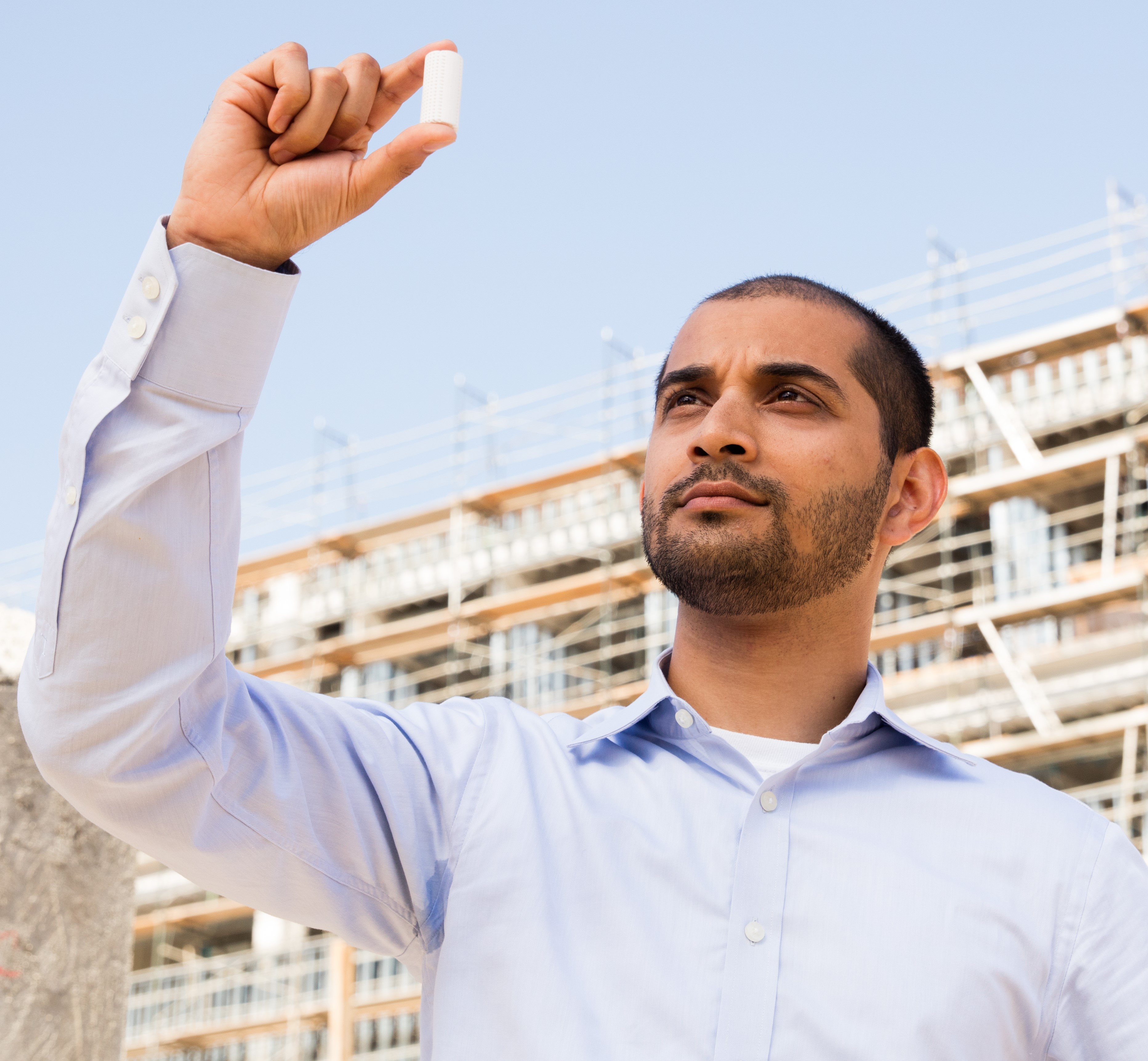
Isothermal Stimulation of Mineral Dissolution Processes by Acoustic Perturbation
Gaurav Sant, Associate Professor
Department of Civil and Environmental Engineering, UCLA
Acoustic waves due to their ability to induce perturbations within fluids, and at fluid-solid interfaces (e.g., due to cavitation effects) can stimulate interfacial processes, such as mineral dissolution, precipitation and particle aggregation. This study, for the first time, demonstrates the unprecedented aqueous dissolution enhancement produced under acoustic perturbation – across a wide range of minerals (i.e., halite, gypsum, calcite, serpentine, fluorite, dolomite, orthoclase, borosilicate, obsidian, and quartz), whose dissolution rates vary by several orders of magnitude – scales with the solute’s hardness, and averaged bond energy. The dissolution enhancement produced is described by an Arrhenius-like formulation that reveals the energy imparted to the solute’s surficial atoms by sonication. From an energy landscape perspective, it is highlighted that sonication causes the perturbation of surface atoms from their equilibrium positions. As a result, upon contact with a solvent, sonicated atoms need a smaller amount of energy for dissolution to occur by the rupture of atomic bonds. Therefore, the activation energy of dissolution under sonication is consistently smaller than that under sonication-free conditions. It is this nature of surficial atomic excitation that dominantly affects how acoustic perturbation enhances mineral dissolution under macroscopically isothermal conditions – and not the typical considerations of local temperature rise, or surface area amplification. This understanding creates new opportunities to exploit acoustic perturbation as a processing pathway of relevance to geological, biological, and engineered material systems.
About the Speaker
Gaurav Sant is an associate professor and a Henry Samueli Fellow in the Departments of Civil and Environmental Engineering, Materials Science and Engineering, and the California Nanosystems Institute at the University of California, Los Angeles, where he is also the Director of the Institute for Carbon Management. Dr. Sant’s research interests include reactions at solid-liquid-vapor interfaces including dissolution, precipitation, and electrochemical corrosion with applications to (i) carbon-neutral cements, (ii) biological tissues, (iii) alloys, (iv) minerals, and (v) glasses and ceramics. In his research, special focus is placed on understanding the mechanistic origins of formation, degradation and aging of such materials in environments of relevance to engineered, biological and geological systems. The outcomes of this work are described in > 100 referred journal publications. Dr. Sant also leads Carbon Upcycling UCLA/CO2Concrete, which was recently selected as a Finalist in the NRG COSIA Carbon XPRIZE Competition and as a Global Top10 Innovation at ICEF2018. Dr. Sant’s research has been recognized by awards, including the National Science Foundation’s CAREER Award, a Hellmann Fellowship, RILEM’s Gustavo Collonnetti Medal, the American Concrete Institute’s Walter P. Murphy Jr., and J.C Roumain Awards, and selection as one of UCLA’s Optimists. Dr. Sant received his B.S., M.S. and Ph.D. in Civil Engineering from Purdue University in 2006, 2007, and 2009, respectively.
Date/Time:
Date(s) - Nov 02, 2018
10:30 am - 12:00 pm
Location:

